Howdy.
I’m writing this semi-fresh from the Arrow reunion picket that Arrow showrunners Beth Schwartz, Wendy Mericle, and I organized at Warner Bros. Studios. As Arrowverse casting director extraordinaire David Rappaport observed, “it’s like being at my bar mitzvah, I’m seeing so many people I haven’t seen in forever.”
Writers, support staff, and actors from Arrow’s eight seasons were in attendance along with a huge number of wonderful and enthusiastic fans. At its best, Arrow has always felt like one big family and that absolutely encapsulates the event today.
Terry, one of the INCREDIBLE SAG/AFTRA lot captains (sorry I didn’t get your last name, Terry!), told me that we brought a lot of people out, so I’m extremely pleased about that. Arrowverse leader Greg Berlanti and the staff of Rick & Morty provided food trucks.
We sold limited edition Arrow bucket hats and auctioned off Arrow swag to raise nearly $1800 for the Union Solidarity Coalition to provide healthcare for crewmembers who have been impacted by the two strikes.
(Please consider making a donation to the Union Solidarity Fund by clicking here.)
The Hollywood Reporter was on hand to cover the event. You can read their coverage here.
I’m incredibly grateful for everyone who came out to support the WGA and SAG/AFTRA today. The talented professionals behind Arrow and the fans who support them are a very special breed and I’m indebted to every single one.
TALKING AGAIN
It feels like a year ago, but it turns out that the WGA and the AMPTP only resumed talks last week. But not really. That meeting lasted an hour and amounted to nothing except theatre. But talks are apparently resuming today. At least that’s the hope.
PROJECT FROST
Last night, I delivered line revisions on the first half of the manuscript. At present, the novel is going to clock in around 95,000 words. It’s a beast. I’m having the time of my life with it.
STAR TREK: THE MOTION PICTURE - ECHOES
The penultimate issue of Star Trek: Echoes dropped this past Wednesday. It wasn’t out in time for last week’s newsletter, but you can check out a preview of the issue here.
WRITING A GOOD SAMPLE
Earlier this week, I had coffee with one of Legends of Tomorrow’s former script coordinator. We talked a lot about the current WGA strike and its potential impact(s) on writers who are just starting out in the business. The topic evolved into a discussion of writing samples, also known as “spec scripts.”
I have a very particular viewpoint on samples/specs which I’ve articulated in various interviews and podcasts, but it struck me that it might be a good time to write it down here.
So here goes…
First, I think it’s unfortunate that agents and managers of emerging writers send the message that they can use a spec to get their client work in the event they can’t find a buyer for the script; or that if they can’t use the spec to get their client work, they’ll sell it to a buyer.
These fallacies are incorrect for one simple reason: The script that will get you hired won’t sell. And the script that you sell won’t get you hired.
Are there exceptions to this rule? Sure. All the time. But they’re called “exceptions” for a reason. They’re in the minority. Let’s stick to advice that’s applicable to 95% (at least) of writers who are just starting out.
To break this down more succinctly, the old adage “the right tool for the right job” is apt. If you want to get staffed on a show, write a sample designed to achieve that purpose. If you want to sell a spec, write a script designed to achieve that purpose. A script that is written with the intention that it could either sell or get you staffed is a spork. And anyone who’s used a spork knows it’s not great as a spoon and truly terrible as a fork.
Even before the WGA went on strike, there wasn’t exactly a vibrant market for spec TV pilots, particularly from emerging writers. (This is a massive understatement, but I’m trying to maintain a positive tone.) So let’s focus on what makes a good script sample for the purposes of getting staffed on a TV series.
First, you need to think about your audience — i.e., who is going to read your script and decide whether or not they should take a meeting with you for a potential spot on the writing staff. Ultimately, this person is going to be the showrunner, or one of the show’s showrunners. Either way, I want you to picture in your mind’s eye the most exhausted person you can imagine.
This poor individual has either just finished a torturous development process in order to get to the point where they can hire a staff OR they’ve just finished an equally torturous year (or more) of producing a season of television. Either way, they feel like they just gave birth to a chair.
And they’re reading your script.
Oh, and not just your script. They have received more samples to read than anyone could read in a lifetime.
So… given that they’re exhausted, given that they’re overwhelmed, let’s assume that it is highly unlikely that they will read your script in its entirety.
(Personally, I read until I’ve made a decision on whether I want to take a meeting with the writer in question. Because once I’ve made up my mind about that, I’m now reading the script for pure enjoyment. And I don’t have time to read for enjoyment because I have 3,721 more scripts to go. I actually set aside the ones I’m enjoying for reading at some later, fantastical point when I have down time.)
In fact, let’s assume that the showrunner will only read the first 5-10 pages. If that’s the case, you’d obviously want those pages to not only be the best pages you’re capable of producing, you want them to — and I cannot stress this strongly enough — be the pages that best showcase Your Unique Voice.
This is going to sound ridiculous, but writers of any stripe and at any level aren’t hired for their talent.
Really.
If you’re a professional writer or want to be a professional writer, you’re assumed to be, y’know, professional. You’re assumed to be at least competent, to have some talent, some level of game. You’re already all these things and — guess what? — so are all the other writers vying for the job(s) you want.
So the question becomes: what distinguishes you from the rest of the pack? What is the reason the showrunner of the show you want to staff on hires you instead of anyone else?
It’s your voice. Your unique perspective on the world, your unique way of expressing that perspective, and the unique way your brain and creativity work.
It’s probably apocryphal by this point, but the following anecdote dramatizes perfectly what I’m talking about: Bryan Fuller hired a writer on the first season of Hannibal who submitted a spec about a man with pork chops for hands who falls in love with a woman with meatloaves for feet.
(No, really.)
Now, was that spec ever going to sell in a gajillion years?
Certainly not.
But if you’re a showrunner, don’t you want to take a meeting with the owner of the brain who came up with that idea?
And that gets to my point about how scripts that get you meetings/jobs aren’t likely to be scripts that sell. Because the script that is so specific, so sharp, so daring and exciting and out-of-the-box in its first 5 pages — i.e., all the things it needs to stand out from the pack in the showrunner’s bleary, weary eyes — is highly unlikely to interest a creatively conservative executive with buying power.
Oh, and another thing:
In those instances where I have read a spec in its entirety, invariably the best material, idea, and/or moment came at the very end of the script. This makes a certain kind of sense. After all, the pilots that we all watch have their best material at the end in order to entice viewers to come back for the second episode. That’s great for those shows, but it’s horrible for the writer trying to get work. Why? Simple: They’ve placed their best material in the part of the script where it is least likely to be read.
So, uh, don’t do that.
All of the foregoing is to make this simple point: All writing is an act of empathy. The most successful writing samples are written with their target audience — the person making the hiring decisions — in mind. What, when, and how they see what they need to see in your sample will determine whether you get the meeting that could lead to a job.
I recognize a lot of what I’ve written here goes against a lot of conventional wisdom. And maybe I’ve overestimated how much what I look for in a sample is shared by other showrunners. But to paraphrase Ghostbusters: “If I’m wrong, nothing happens. I’ll go to jail, peacefully, quietly.* I’ll enjoy it. But if I’m right… Lenny, you will have impressed dozens and dozens of job-providing showrunners.”
(If these observations have been helpful to you — or you think I’m full of shit — please sound off in the comments.)
*The writer of this newsletter makes no warranties or representations, express or implied, as to the legitimacy of the advice contained herein.
Be good to each other.
Best,
Marc
Encino, California
8.11.23

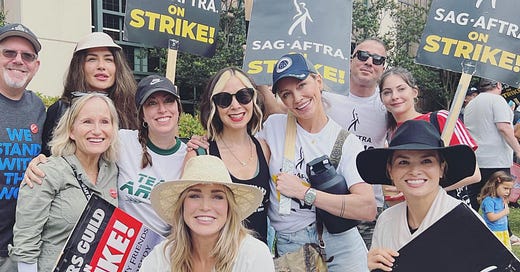



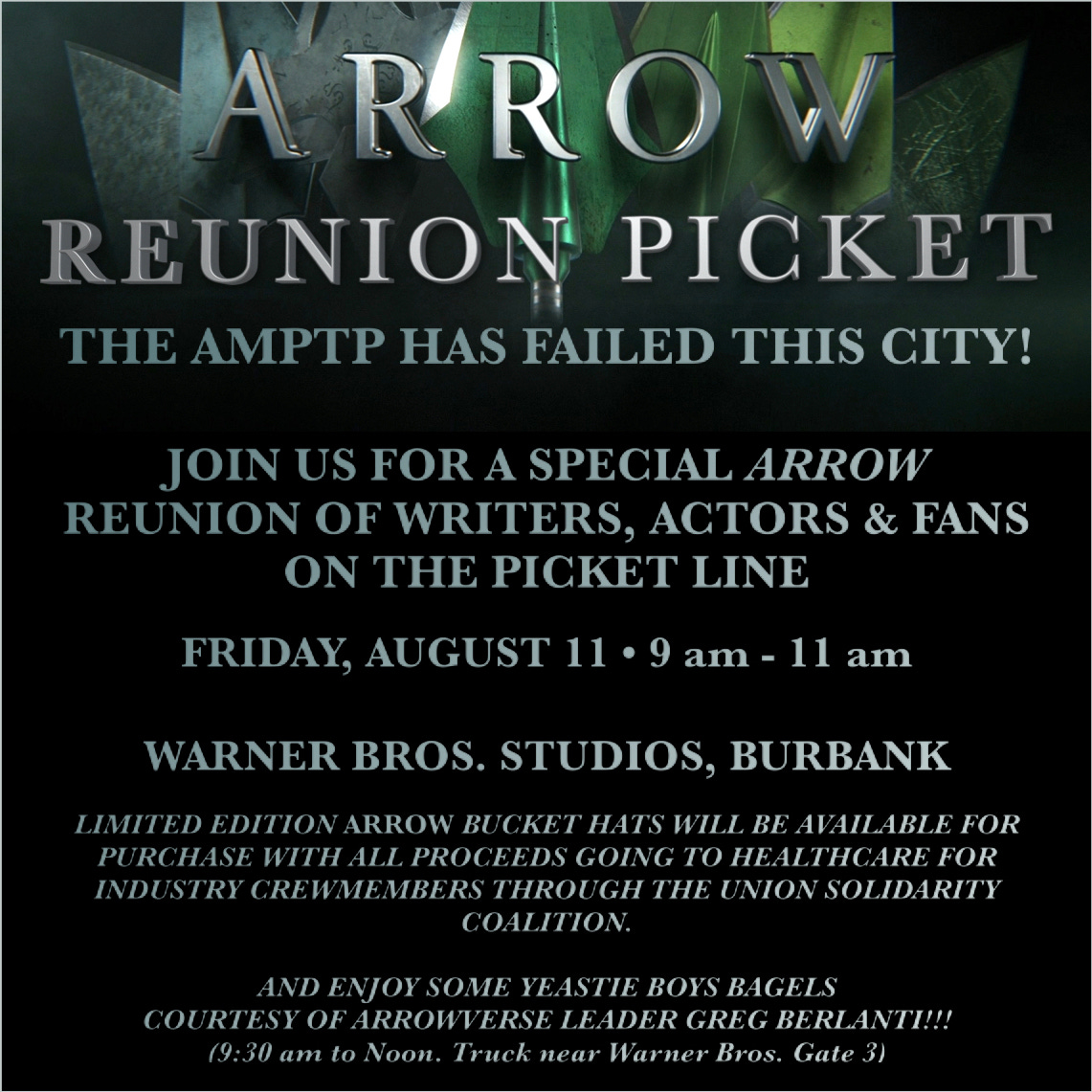
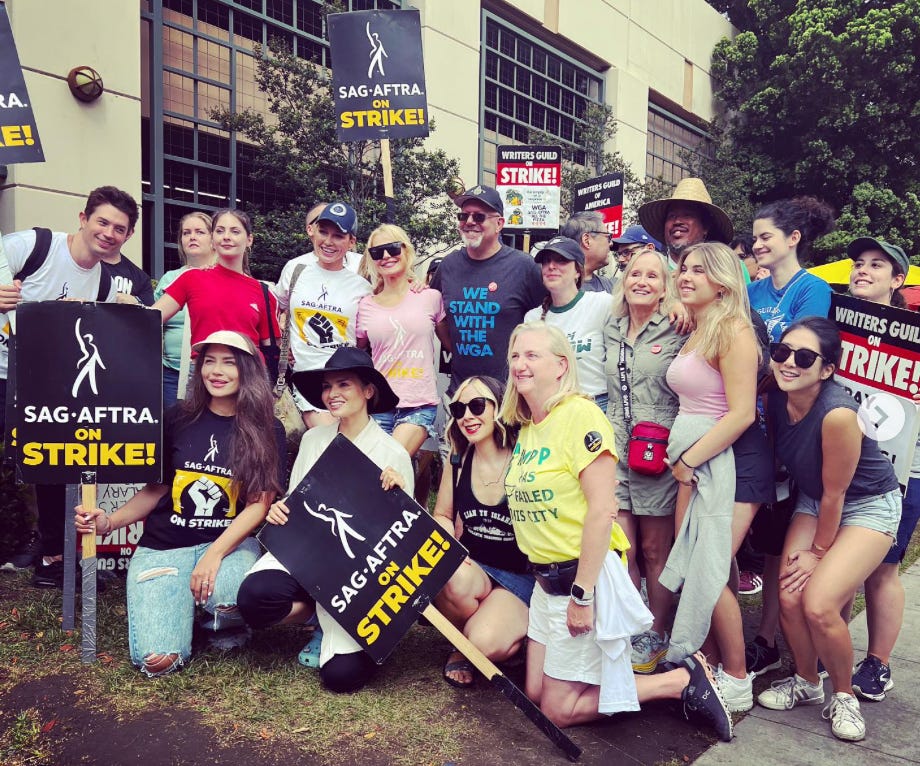
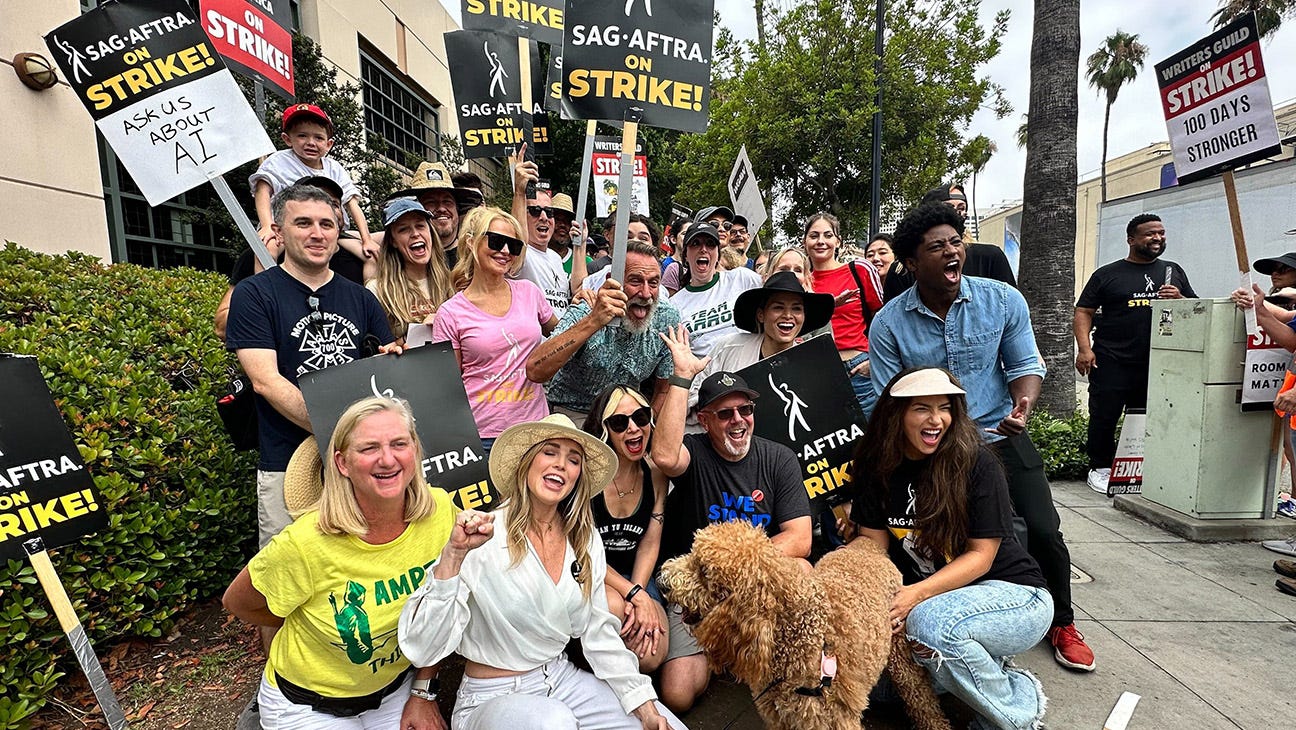
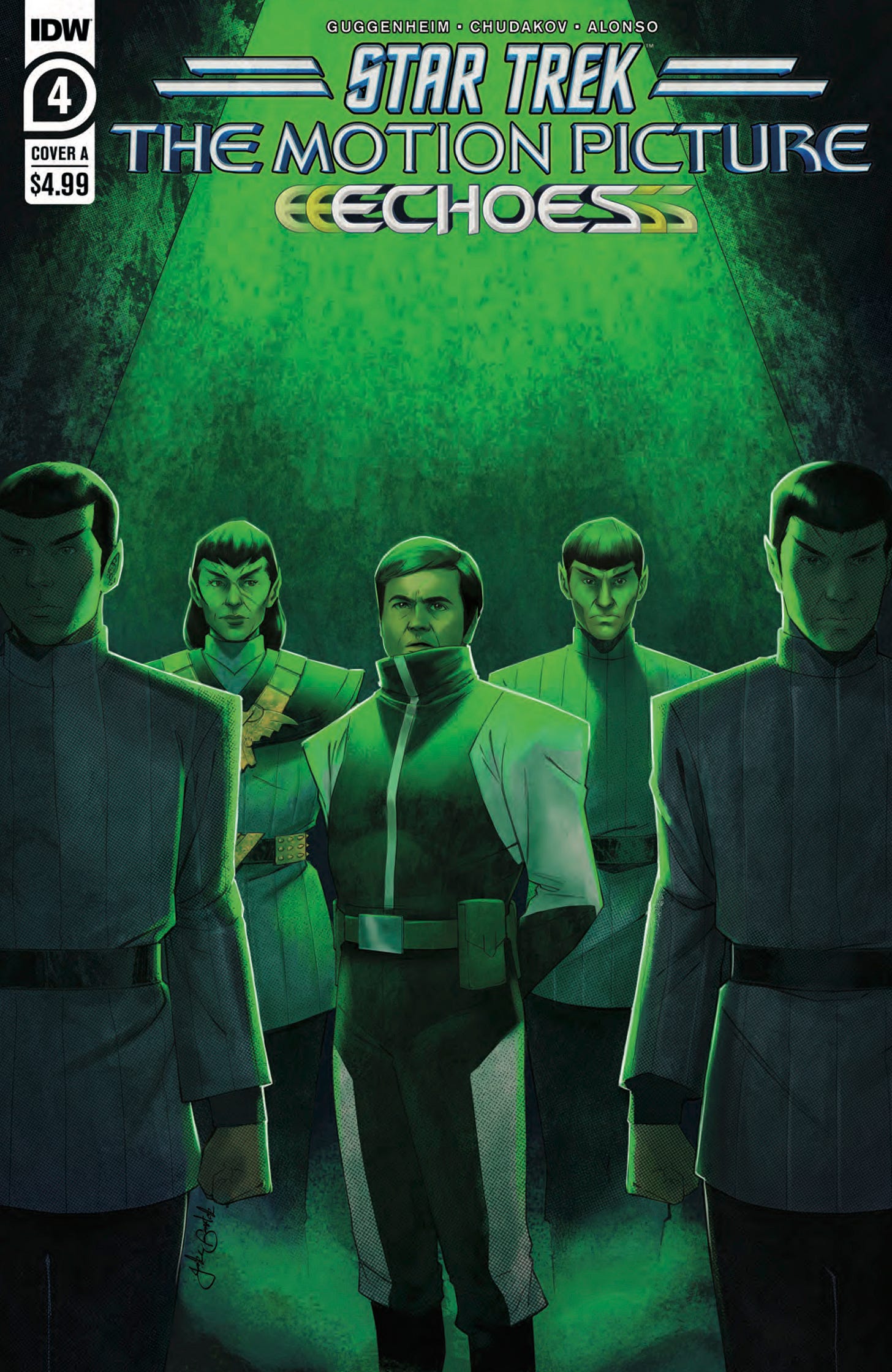
I've read and heard about the first 10 pages being critical, but not specifically in samples to get staffed. I wonder if this can be a double-edged sword in that a lot of new writers will be putting shocking or controversial things right up front just for the sake of it. I assume it would be pretty obvious if the uniqueness was forced and not organic. A delicate balance to get it just right.
Oh man, pork chops for hands and meatloaf for feet?! I've heard of the "famous" specs that were episodes of older shows. The Friends script where they all get AIDS, the 9/11 Seinfeld script, and the I Love Lucy script where she gets an abortion. Someone wrote a Lost spec from the point of view of the dog. The only stories I've heard of original pilots that got writers hired, other than the one Marc mentioned, is two that Mike Shur has talked about; Widow's Bay by Katie Dippold and Ernesto by Emily Kapnek. I haven't been able to find them to read them though.
Great advice about not saving the best stuff until the end where it's not likely to be read! Is it different in comics, where if you are pitching to a publisher, you are not coming in a with a full script? Or is it the case that if you are able to get a meeting to pitch in the first place, the publisher is going to take their time to read the script and so you don't need to frontload it?